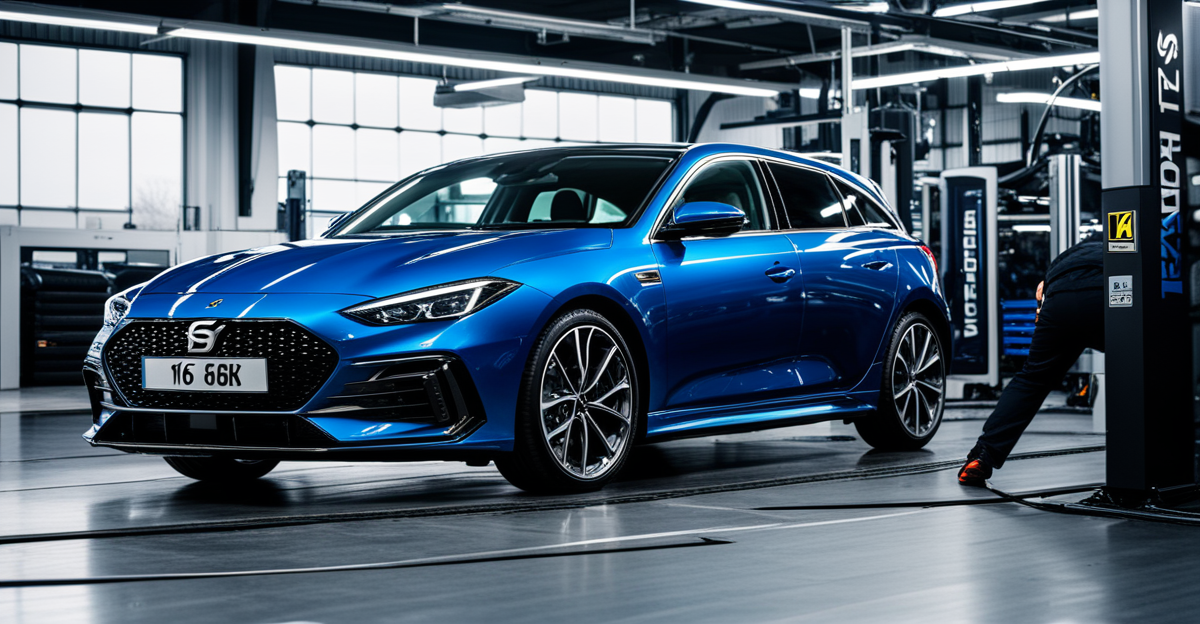Key Challenges Facing the UK Automotive Industry
The UK automotive industry challenges are shaped by significant market, technological, and regulatory shifts that put immense pressure on manufacturers and suppliers. Key among these is the complex transition due to Brexit, which has disrupted automotive supply chains and altered workforce dynamics. For example, the new customs procedures and tariffs cause delays and increase costs, highlighting the need to reconfigure supplier relationships.
Simultaneously, the industry faces intense competitive pressures from global automotive markets. International competitors are accelerating the adoption of electric vehicles and digital technologies, intensifying the drive for innovation within the UK. Keeping pace with evolving automotive trends in the UK—such as electrification and autonomy—requires agility and substantial investment.
This might interest you : What Are the Recent Innovations in the UK Automotive Industry?
Regulatory demands add another layer of complexity. The implementation of stricter emissions standards in the UK pushes manufacturers toward cleaner technologies but also requires significant restructuring of production processes. Navigating these overlapping pressures demands strategic foresight. The UK automotive market pressures reveal a fragmented landscape where firms must balance staying competitive globally while managing post-Brexit realignments and rapid technological change.
Technological Advancements and Adaptation Strategies
The UK automotive industry is undergoing a significant technological transformation, driven primarily by the rise of electric vehicles UK and advancements in automation in automotive manufacturing. The growth of electric vehicles has accelerated demand for expanded charging infrastructure and battery technology innovation. This shift necessitates manufacturers to invest heavily in new production lines and adapt to evolving consumer preferences focused on sustainability and efficiency.
This might interest you : How Are Advancements in the UK’s Automotive Sector Revolutionizing Eco-Friendliness?
Automation, artificial intelligence (AI), and digital transformation are increasingly integrated within UK automotive technology. Automated systems improve manufacturing precision and efficiency while reducing costs and reliance on manual labor. AI-enabled analytics enhance supply chain management and predictive maintenance, fostering resilience amid ongoing UK automotive market pressures.
To remain competitive globally, UK firms must actively integrate these emerging technologies. This involves not only hardware upgrades but also workforce upskilling to manage sophisticated digital tools. Collaboration between manufacturers, technology providers, and public bodies is essential to support innovation and infrastructure development.
Overall, embracing the latest automotive technology UK helps companies navigate market demands and regulatory requirements while positioning the industry for sustainable growth in an intensely competitive environment. The proactive adoption of electrification and automation is pivotal for the UK automotive industry’s future viability and global competitiveness.







